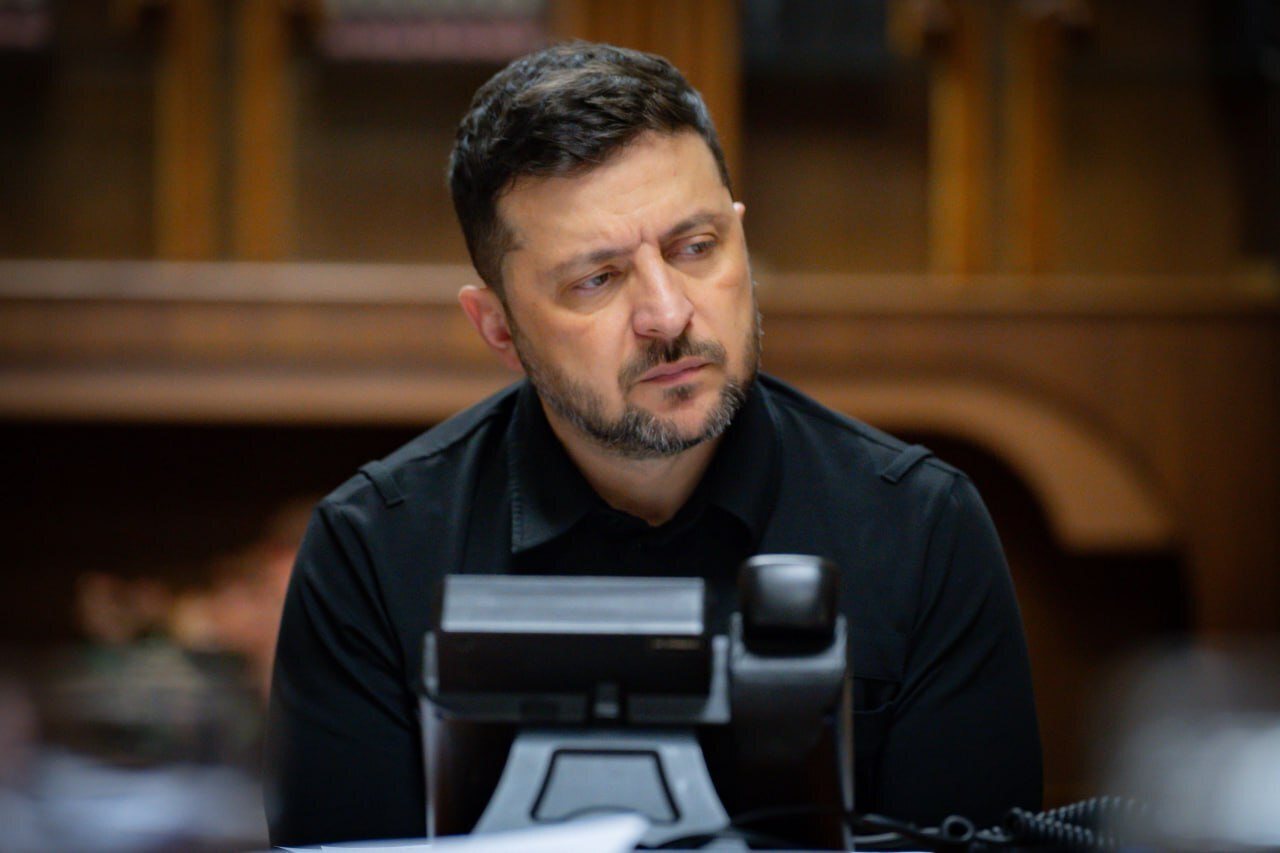Eye in the Sky -- A Movie Review
Run -- don't walk, run -- to your nearest movie theater and see Eye in the Sky. This new release is playing as an "artistic movie" with limited publicity and I do not know how long it will be in theaters. But its approach to law and war will be of interest to anyone who reads this blog. Plus, its a good movie (as it's 92% positive on Rotten Tomatoes will attest).
Published by The Lawfare Institute
in Cooperation With

Run -- don't walk, run -- to your nearest movie theater and see Eye in the Sky. This new release is playing as an "artistic movie" with limited publicity and I do not know how long it will be in theaters. But its approach to law and war will be of interest to anyone who reads this blog. Plus, its a good movie (as it's 92% positive on Rotten Tomatoes will attest).
The frame of the movie is simple -- a Predator drone mission over an al-Shabab area in Kenya. As the plot twists unfold (and I won't give any away, so no spoilers here) the challenges faced by those in charge of the mission grow increasingly complex at a legal, technological, political, ethical, and moral level. Are the twists a bit contrived and over-wrought? Of course -- it's a movie. But there is a strong air of versimillitude to the entire production that will resonate with anyone who is familiar with the laws of armed conflict and modern military operations. Any movie in which a character actually says (in an accurate assessement) that "the requirements of military necessity and proporitionality are likely met" is one that has a strong cord of reality -- and the movie demonstrates as well the degree to which questions of legality have become a hallmark of modern warfare. [I counted at least three lawyer-characters in the movie with significant roles.] And the technological represenations are (to the extent I know them) quite accurate -- the use of Predators, Hellfire missles and the global reach of analytic capabilities will ring true (though I do want to ask some of my robotics friends about the tiny "beetle drone" that makes an appearance -- are they really operational yet?)
Of course, this being a movie, the real tension is not just in the law but also in the moral and ethical dilemmas that attend the use of precision munitions. To its credit, Eye in the Sky does not flinch from the moral ambiguity of these capabilities. Nor does it hide the political complexities or the evident effect that the choices being made will have on the operators who have to make them. [My favorite is the character known as Sergeant Mushtaq Saddiq , who is responsible for the collateral damage estimates that will attend any strike that is authorized.]
Some (like David Cole in the New York Review of Books) look at these problems and see them as reflecting a coarsening of our moral calculus (his article title is "Killing from the Conference Room"). Others (including me) see these dilemmas as an inevitable part of the problems arising from the democratization of violent capabilities. But even here our perceptions are likely colored by our thoughts regading the external reality -- If I had seen this movie 3 days before the Belgian tragedy instead of 3 days after, I might have had a very different reaction. Whatever your view, however, the movie provides a fascinating opportunity to explore those views in the context of a reasonably plausible scenario.
Added to this is the benefit of a good production with excellent acting. Anchored by Helen Mirren, Alan Rickman (in his last role), and Iain Glen, the ensemble cast gives a performance that is worth every minute. As I said, run to see it, before it leaves the theaters.
UPDATE: A helpful reader says my fears are overblown. According to reports, Eye in the Sky is doing well and will soon expand from 123 to 800 theaters for screeing. So the urgency I had may be mitigated -- but still go see it soon. It's good.





